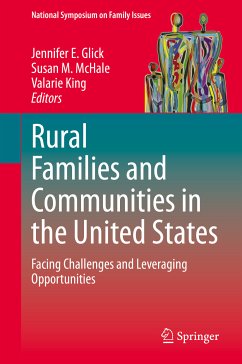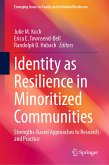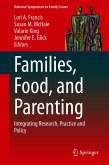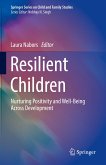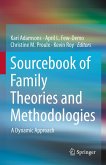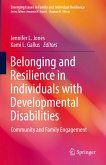Featured topics include:
- Changes in work and family structures in the rural United States.
- Rural job loss to offshoring and automation.
- The opioid crisis in the rural United States.
- Prosocial behaviorsin rural U.S. Latino/a youth.
- Demographic changes across nonmetropolitan areas.
Rural Families and Communities in the United States is a must-have resource for researchers, professors, clinicians, professionals, and graduate students in developmental psychology, family studies, public health as well as numerous interrelated disciplines, including sociology, demography, social work, prevention science, educational policy, political science, and economics.
Dieser Download kann aus rechtlichen Gründen nur mit Rechnungsadresse in A, B, BG, CY, CZ, D, DK, EW, E, FIN, F, GR, HR, H, IRL, I, LT, L, LR, M, NL, PL, P, R, S, SLO, SK ausgeliefert werden.

